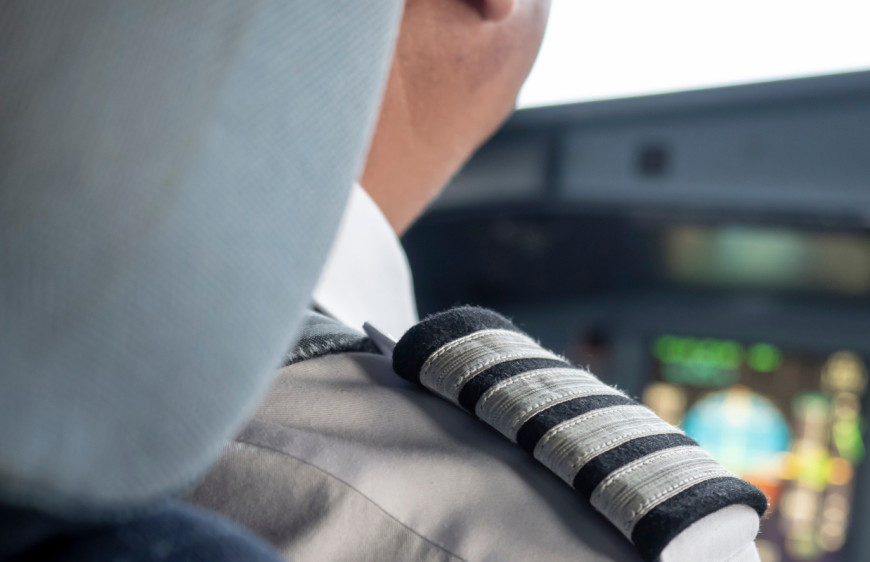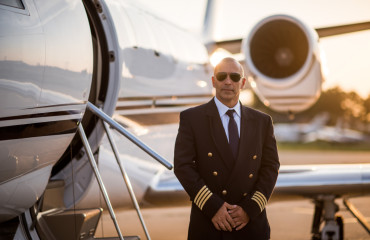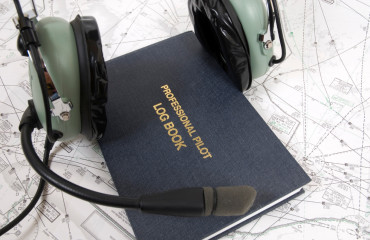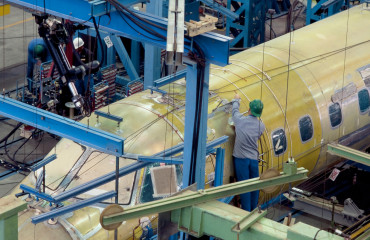The Future of Aviation: Pilot Demand and Aircraft Requirements
The aviation industry has always been a dynamic and rapidly evolving field, but the future holds even more exciting developments. As air travel becomes increasingly accessible and essential for global connectivity, the demand for pilots and aircraft is expected to reach unprecedented levels. In this article, we will explore the future expectations of aviation, focusing on the staggering statistics regarding the need for pilots and aircraft in the coming decades.
The Growing Demand for Pilots
The aviation industry is poised for significant growth in the coming years, driven by factors such as population expansion, economic development, and increased travel accessibility. Let's take a closer look at the key statistics and trends that highlight the growing demand for pilots:
Global Pilot Shortage: According to the Boeing Pilot & Technician Outlook 2021-2040, the aviation industry is expected to require approximately 612,000 new commercial airline pilots by 2040 to meet the rising demand for air travel.
Retirement Wave: A significant portion of the current pilot workforce is nearing retirement age. This impending wave of retirements is expected to create additional demand for new pilots to replace those exiting the industry.
Regional Variations: Pilot demand varies by region, with Asia-Pacific and North America expected to have the highest needs. Airlines in these regions are expanding their fleets and routes, leading to increased pilot recruitment.
General Aviation: The demand for general aviation pilots, including private and recreational flyers, is also on the rise. More people are taking an interest in flying for leisure and business purposes.
Aircraft Requirements for the Future
To support the growing demand for air travel and the need for pilots, the aviation industry will require a substantial increase in the number of aircraft. Here are some key insights into the expected growth in aircraft requirements:
Commercial Aircraft: The International Air Transport Association (IATA) predicts that the global fleet of commercial aircraft will double in size by 2037. This expansion includes both narrow-body and wide-body aircraft, catering to the increasing demand for passenger and cargo transportation.
Regional Aircraft: Regional aircraft, designed for shorter routes and smaller airports, will play a vital role in expanding air travel accessibility. Airlines will invest in regional jets and turboprops to connect underserved areas.
Cargo Aircraft: The e-commerce boom and the need for efficient cargo transportation are driving the demand for dedicated cargo aircraft. Cargo carriers are expected to expand their fleets to meet the growing demand for fast and reliable logistics.
Sustainable Aviation: As environmental concerns grow, there is an increasing focus on sustainable aviation. Airlines are investing in fuel-efficient and electric/hybrid aircraft to reduce carbon emissions and meet environmental targets.
Opportunities for Aspiring Pilots
The future of aviation is bright for aspiring pilots. With the soaring demand for their skills, there will be ample opportunities to embark on rewarding careers in the skies. Here are some key takeaways for those considering a career in aviation:
Training Programs: Aviation academies and flight schools are expanding to meet the demand for new pilots. These programs offer comprehensive training and a clear pathway to obtaining pilot licenses.
Technological Advancements: Future pilots will benefit from cutting-edge technology and more advanced aircraft systems, making flying safer and more efficient.
Diverse Career Paths: The aviation industry offers a wide range of career paths, from commercial airline pilots to cargo pilots, corporate aviation, and even roles in emerging fields like urban air mobility.
In conclusion, the future of aviation holds immense promise and opportunities, driven by the growing global demand for air travel. Aspiring pilots can look forward to exciting careers in a dynamic industry, while the expansion of the aircraft fleet will ensure that people around the world can continue to connect and explore our planet.



